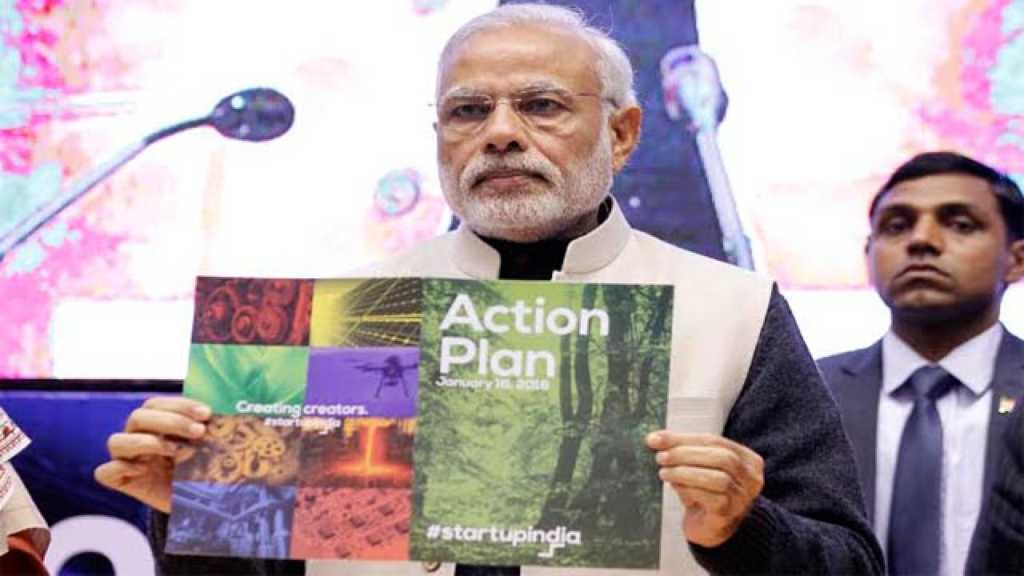The Modi government has accepted the Telecom Regulatory Authority of India’s (TRAI) recommendations on Net Neutrality. TRAI is a statutory body set up to regulate the telecommunication sector in India. It has submitted its recommendations in November last year backing the Net Neutrality. The Telecom Commission (TC), the highest decision-making body in the telecom ministry, approved in favor of net neutrality which prohibits the Internet Service Providers (ISP) from discriminating between different websites. Net neutrality means service providers must treat all traffic equally, and not charge differently based on content. Aruna Sundararajan, the telecom secretary said “The inter-ministerial telecom commission, which met on Wednesday, has given a go-ahead to net neutrality in the country. This should come into force almost immediately.” According to the experts, the neutrality law adopted in India is one of the strongest in the world.
The debate on Net neutrality started in the country in 2015 when Facebook launched Internet.org in India with Reliance Communications. Internet.org is a partnership between social networking services company Facebook and six companies (Samsung, Ericsson, MediaTek, Opera Software, Nokia, and Qualcomm) that plan to bring affordable access to selected Internet services to less developed countries by increasing efficiency, also called free basics. The move was severely criticized by media, civil society, and internet activists on the fact that the users of Free Basics were allowed to use only handpicked services. The same criticism came for Airtel Zero which was also launched in 2015 to provide users free access to certain mobile applications and services from companies who had signed up with Airtel. The government never made a single remark against net neutrality but some activists alleged that the current regime is not in support of Net neutrality. On 8th February 2016, TRAI barred telecom service providers from charging differential rates and speed for different services, thus prohibiting Facebook’s Free Basics and Airtel Zero platform by Airtel in their present form.
The net neutrality rules do not apply to merge and critical services like remote surgery and autonomous cars because these may require high-speed internet lanes. Aruna Sundararajan said that The Department of Telecom (DoT) has to define the technologies that will be allowed the exception where telecom companies will be allowed to use traffic management practices to maintain the quality of the service. The government’s ruling in favor of net neutrality comes at a time when the telecommunication companies are already struggling because the prices have hit the bottom-line due to cut-throat competition in the sector. The entry of Reliance Jio has shaken the old market players in the field of mobile internet heavily. It has also announced entry in the broadband sector. The entry of Jio in the broadband sector will steal away another source of profit from older players like Airtel and Hathway.
The government’s decision is definitely in favor of smaller players and the public at large. The government support to net neutrality in India comes on the backdrop of the decision of American government to repeal its free internet rules and chose to allow internet providers to charge more for certain content or giving preferential treatment to certain websites through commercial agreements. This also shows the independent stand that Indian government is taking in policymaking while some people in opposition accuse they are imitating the United States.
